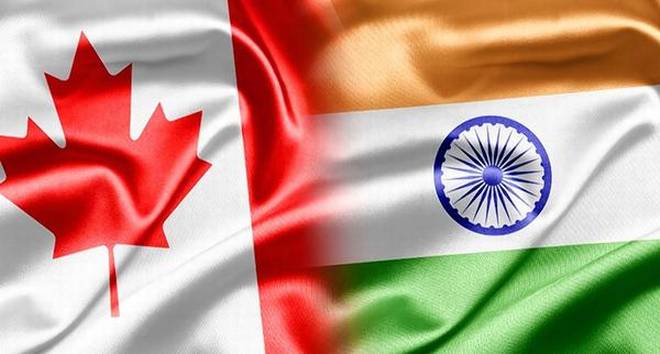India’s High Commission in Ottawa on Tuesday issued an advisory asking Indian citizens in Canada to remain vigilant. The consult is aimed to thwart any racial attack as an aftermath of the ongoing truckers strike against Covid-19 restrictions in the capital and across the country.
“In view of the ongoing situation, Indian citizens in Canada and those planning to visit Canada are hereby advised to exercise a high degree of caution and remain alert, avoid areas where demonstrations and large gatherings are taking place, such as downtown Ottawa, follow the instructions of local authorities, including curfews and monitor local media for information on ongoing demonstrations and the evolving situation,” the advisory said.
It was accompanied by a special emergency hotline “to provide assistance and guidance to Indian citizens in distress due to the ongoing disturbances”.
The protest, going on since two weeks, continues to lay siege to Ottawa, and has been divided opinions with Prime Minister Justin Trudeau being criticised for demonising its organisers for disagreeing with his government’s policies.
Trudeau has attacked the “Freedom Convoy” from the outset and refused to consider the possibility of dialogue with representatives of the protest, who are seeking an end to vaccine mandates and other Covid-19 related restrictions, including lockdowns. The advisory was precipitated by concerns for the 700,000-plus Indian citizens currently in the country, as well as the large number of Indians, and people of Indian origin, who are part of the trucking industry.
In response, Quebec MP Joël Lightbound resigned from his position as provincial caucus chair over what he says was a recent change in the government’s approach: from positive and unifying to divisive and stigmatising.
“I can’t help but notice with regret that both tone and the policies of my government changed drastically on the eve and during the last election campaign,” he said in a stinging statement. “Time to stop with the division and the distractions. It’s time to choose positive, not coercive methods.”
Meanwhile, the province of Saskatchewan announced on Tuesday that it will end the requirement for vaccine passports, among other measures, on February 14. Other provinces, including Alberta, Ontario and Quebec are in the process of easing restrictions, but the central government has made no indications that it will lift any restrictions, like vaccine mandates for cross-border truckers.


















